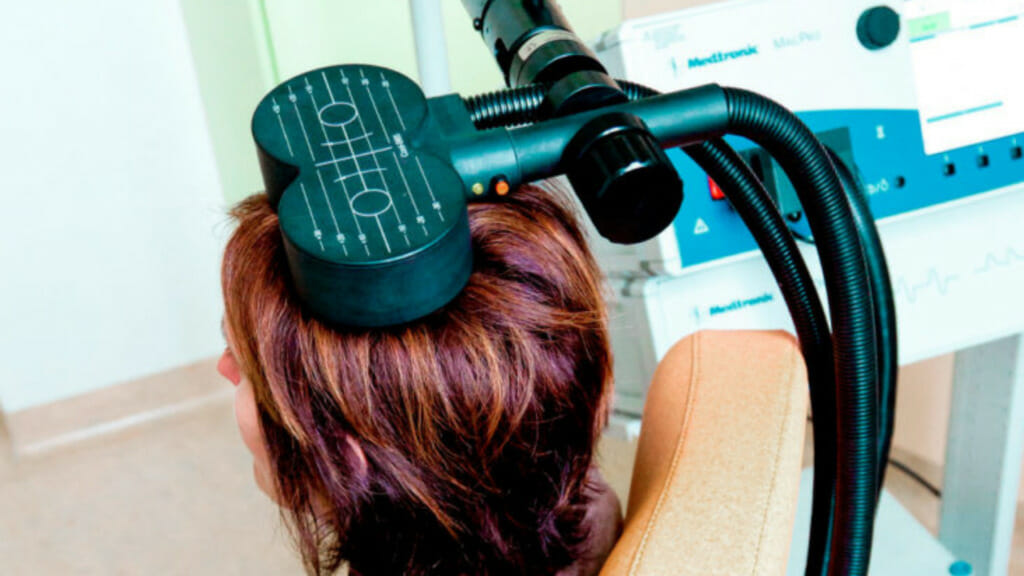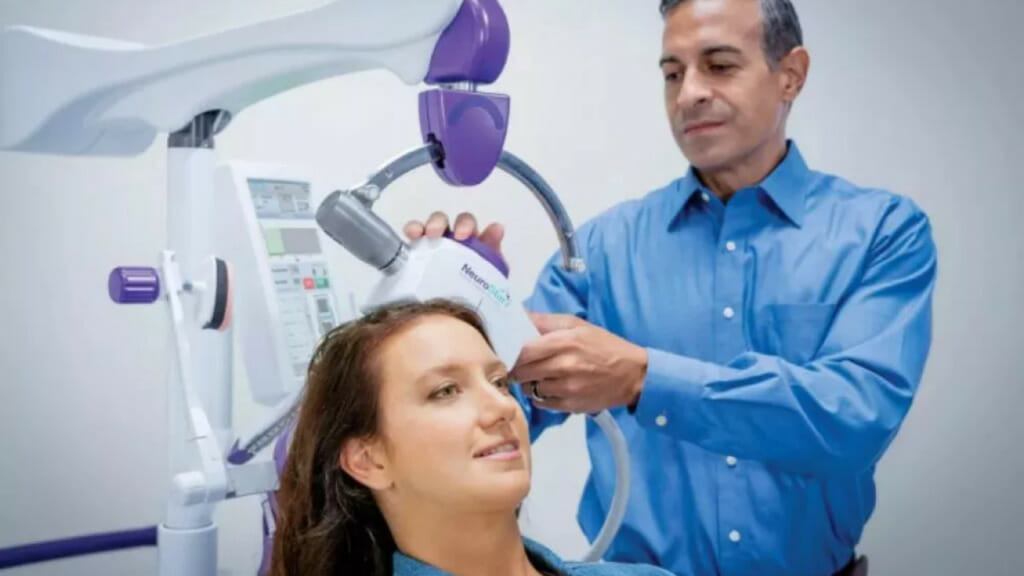Major depressive disorder is a serious mental health condition that can have debilitating effects on those who suffer from it. Fortunately, treatments are available to help manage the symptoms of depression and improve the quality of life. TMS treatment for depression is one of those options, especially for those with treatment-resistant depression.
In this blog post, we’ll explore how transcranial magnetic stimulation (TMS) works, its potential benefits for people with depression, and any potential associated side effects.
What Is Transcranial Magnetic Stimulation (TMS) Treatment for Depression?
So what exactly is transcranial magnetic stimulation?
This non-invasive procedure uses magnetic fields to stimulate nerve cells, which are thought to be involved in mood regulation and other aspects of mental health functioning.
How Does TMS Therapy Work?
During a typical session at your doctor’s office or clinic setting. You will sit comfortably while an electromagnetic coil placed against your head sends short magnetic pulses into specific areas of your brain where changes may need to occur for you to feel better emotionally and mentally overall.

What Are the Pros and Cons of TMS?
Benefits of TMS Treatment for Depression
The main benefit associated with transcranial magnetic stimulation (TMS) therapy is that it has been found effective at reducing depression symptoms without having any major negative side effects like some medications used for treating depression often do (e.g., weight gain).
Additionally, since no anesthesia or sedation drugs are needed during the procedure itself, unlike many other forms of treatment, patients tend not to experience dizziness or nausea afterward either.
Furthermore, research suggests that after receiving several weeks’ worth of time improvements, they may even last up to six months beyond when they initially received them!
[Related: There Is Hope For Treatment Resistant Depression – TMS]
Side Effects of TMS
As far as possible side effects go, the most reported ones include:
- Scalp discomfort/pain around the area where the magnet was applied
- Headache
- Temporary hearing loss
- Tinnitus
- Confusion
- Lightheadedness
- Facial muscle twitching
- Seizures
Although these should go away shortly after each session, if they persist, contact your medical provider right away.
[Related: The Real Pros And Cons Of TMS Therapy]

Does TMS Work for Depression?
All things considered, transcranial magnetic stimulation appears to be a promising way to treat individuals suffering from depressive disorders.
It is a noninvasive treatment option that does not compromise effectiveness. If you want to try it, ask your doctor for more information!
Our professional team at Pacific Neuropsychiatric Specialists (PNS) is here to help you determine the right treatment for your mental health concerns. Schedule a consultation with us and start your journey to a better life!

